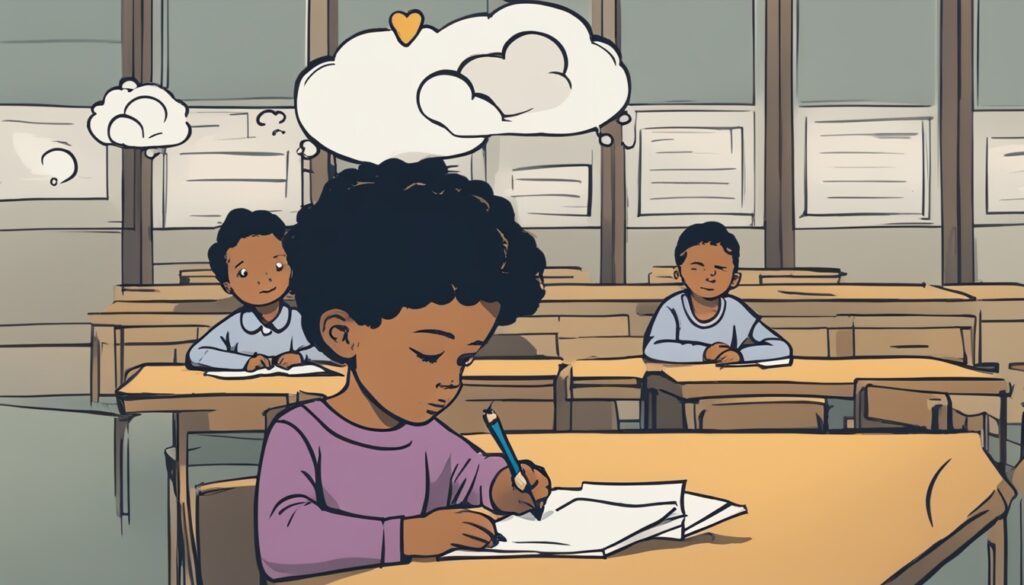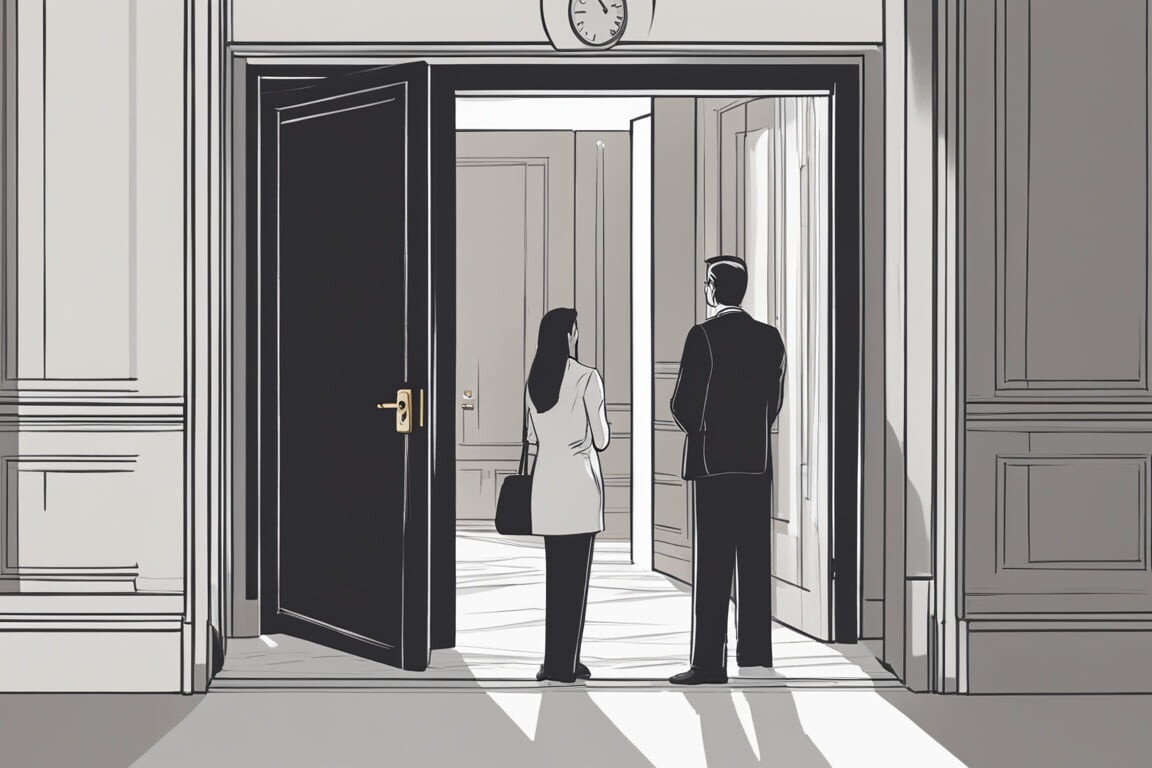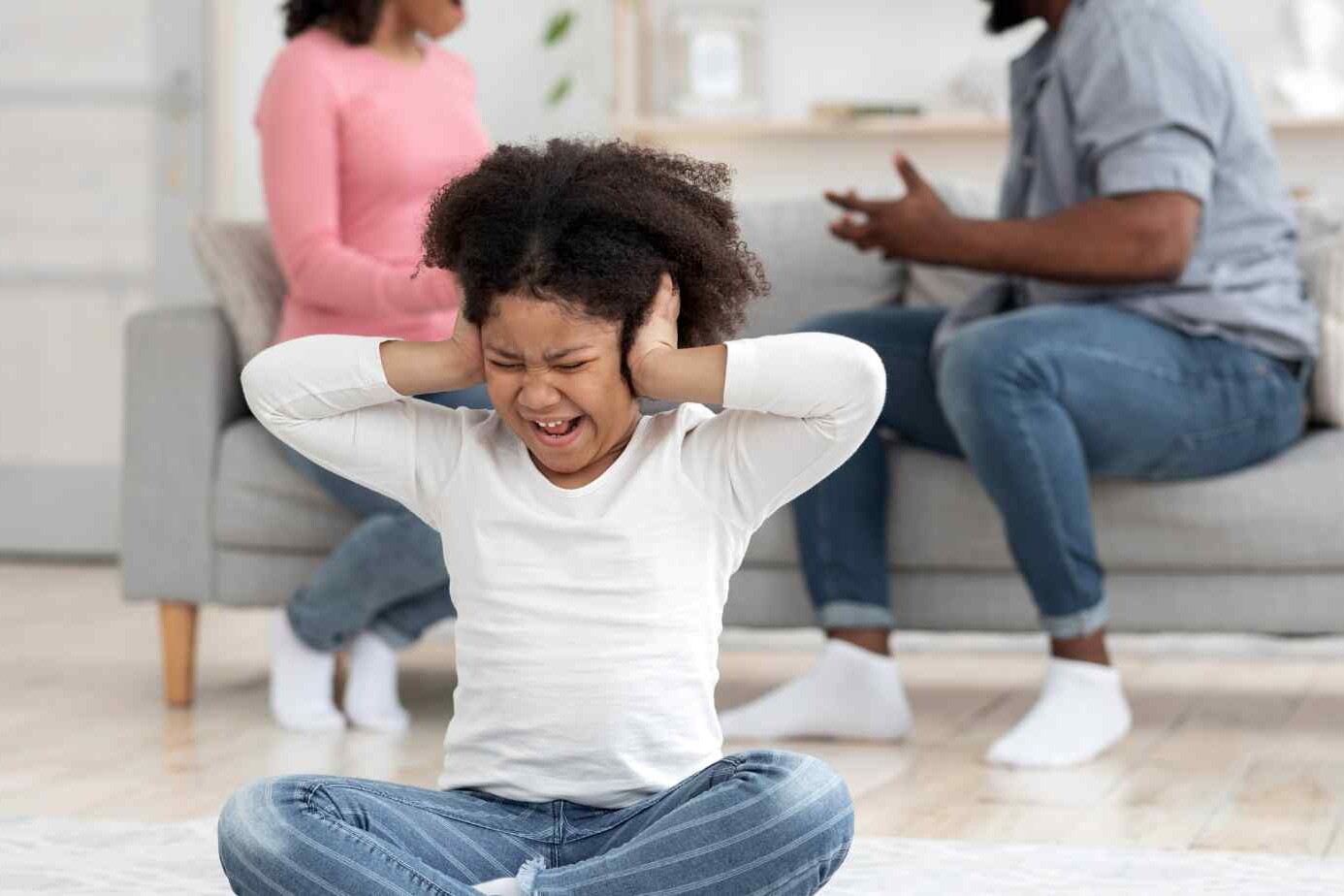Childhood experiences shape our health and happiness as adults. ACEs, like abuse or neglect, can lead to serious health issues. If you’re unsure about your past, our quiz can help. It’s a step towards better health and happiness.
Studies prove ACEs increase the risk of many health problems. Our quiz helps you see how your past might affect you now. It’s a key step in understanding and healing from past traumas.
Table of Contents
ToggleUnderstanding Adverse Childhood Experiences (ACEs)
Adverse childhood experiences, or ACEs, are traumatic events that happen before a child turns 18. These can be abuse, neglect, or living in a dysfunctional home. Events like domestic violence, substance abuse, or having a family member in jail are examples. These events can deeply affect a child’s growth and health later on.
Research Links ACEs to Negative Health Outcomes
Studies show a strong link between ACEs and mental and physical health problems later. This includes issues like depression, anxiety, heart disease, and cancer. The impact of these childhood traumas can be huge.
Toxic Stress and Its Impact on Development
Toxic stress in childhood can harm health by always turning on the stress response system. This is different from other stress types. It harms the heart, immune system, metabolic system, and the brain as it grows.
Learning about ACEs and their effects on health helps us help those who faced these issues as kids.
The Origins of the ACE Test
In 1995, a groundbreaking study by the Centers for Disease Control (CDC) and Kaiser Permanente started it all. This study found a strong link between bad childhood experiences and health problems in adulthood. It was a major discovery.
This study led to the creation of the ACE test. It aimed to understand how childhood trauma affects people later in life. Over 17,000 people were asked about their childhood and the challenges they faced.
The study’s findings were shocking. It showed that many people had faced abuse, neglect, or a dysfunctional home. These experiences were much more common than people thought. The study also found a link between these experiences and health issues like heart disease and mental health problems.
After these findings, the ACE test was created. It’s a tool to measure the risk of health problems due to childhood trauma. By counting the number of adverse experiences, the test helps understand the lasting effects of trauma.
The ACE questionnaire’s history is tied to a groundbreaking study. This study changed how we see the link between childhood and adult health. It has led to better support for those who faced tough times as kids.
What Does the ACE Test Measure?
The ACE test is a key tool that shows how childhood trauma affects us later. It looks at 10 types of tough experiences that can change our health and happiness for life.
The List of ACEs
The ACE test looks at many hard times, including:
- Physical abuse
- Sexual abuse
- Emotional abuse
- Physical neglect
- Emotional neglect
- Mental illness in the household
- Substance abuse in the household
- Domestic violence towards a primary caregiver
- Parental separation or divorce
- Incarceration of a household member
Limitations of the ACE Test
The ACE test gives us important info, but it has its limits. It doesn’t measure the good things in a child’s life that can protect them, like supportive people, resources, and being part of a community. It also doesn’t look at things like racism, violence in the community, and money issues that can really affect someone’s life.
Knowing what the ACE test can and can’t do helps us use it better. We can then work on fixing the lasting effects of childhood trauma in a full way.
Why Take the Childhood Trauma Quiz?
We all have unique life experiences that shape our health. One key factor is adverse childhood experiences, or ACEs. Taking a childhood trauma quiz helps us see how our past might affect our health.
Assessing Your Risk for Health Concerns
The quiz is a tool to check how our childhood affects our health now. It asks questions about our past to show possible ACEs like abuse or family issues. This helps us understand risks, such as:
- Mental health issues like depression, anxiety, and post-traumatic stress disorder
- Physical health problems such as chronic headaches, confusion, and memory loss
- Difficulties in maintaining a healthy nervous system, which is crucial for overall well-being
This quiz doesn’t diagnose, but it’s a first step. It helps us find support and work with experts to tackle our issues.

Understanding our experiences and health risks lets us take care of ourselves. We can find resources and support for a better life.
Interpreting Your ACE Score
Understanding your Adverse Childhood Experiences (ACE) score is key to seeing how your past affects your health now and in the future. ACE scores are not just numbers. They show the risk level of health problems linked to childhood trauma.
What is a “Normal” ACE Score?
An ACE score of 0-3 means you likely faced fewer tough times as a child. This doesn’t mean you had an easy life, but it lowers the chance of health issues later on.
Understanding High ACE Scores
An ACE score of 6 or more means you’re at higher risk for health problems like mental health issues, chronic diseases, and substance abuse. But, it’s crucial to know that even with high scores, people can still live healthy, happy lives. The ACE test is just a starting point, not a final prediction of your health.
Your ACE score is a way to understand your past and find support if you need it. With the right help and strategies, people with high ACE scores can move past their challenges and do well.
Do I Have Childhood Trauma Quiz
Figuring out if we’ve faced tough times as kids is key to understanding our health and happiness. That’s why we made a free quiz on our site. It’s for people like you to check if you might have experienced childhood trauma.
The quiz has 22 questions. They come from the Adverse Childhood Experiences Questionnaire for Adults, the Trauma History Questionnaire, and the Childhood Trauma Questionnaire. By answering, you can get an ACE score. This score shows your risk of health problems linked to childhood trauma.
If you’re wondering about your past or want to learn how ACEs affect you, this do i have childhood trauma quiz is a good start. The free ace test is quick, private, and simple. It helps you begin your journey to healing and growing.

By looking into your childhood through this quiz, you’ll know better what affects your health now. With this info, you can work with doctors to make a plan. This plan will help you deal with childhood trauma and build strength.
The Importance of Preventing ACEs
Preventing adverse childhood experiences (ACEs) is key to reducing health risks. Studies show that tackling childhood trauma early can bring big benefits over a person’s life.
Potential Benefits of Preventing Childhood Trauma
Stopping ACEs can lower the risk of many health problems. These include depression, kidney disease, stroke, heart disease, cancer, and diabetes. It also means less chance of smoking, drinking, or losing a job later on.
Preventing childhood trauma does more than just help with health. It can make life better overall. People can enjoy better relationships and do well in life.
- Reduced risk of physical and mental health issues
- Lower chances of engaging in unhealthy behaviors
- Improved overall well-being and quality of life
By focusing on preventing ACEs, we help people and communities overcome trauma. This leads to a healthier, stronger society. The long-term benefits of stopping childhood trauma make it a key focus for health and social welfare.
Seeking Support for Childhood Trauma
Dealing with the effects of childhood trauma can feel tough and scary. But, you’re not alone. Getting help from experts who understand trauma can be a big step towards healing.
Working with Trauma-Informed Professionals
Therapists or counselors who focus on childhood trauma have the skills to help you. They know how trauma can affect you deeply and can guide you in healing. They offer treatments that are based on solid research and fit your needs.
With these professionals, you’ll find a safe space to talk about your past and learn new ways to cope. They’ll help you figure out what’s causing your struggles and make a plan to overcome them.
- They use therapies like cognitive-behavioral therapy (CBT) and EMDR to help you deal with your past.
- They give you tools and methods to handle stress, control your feelings, and grow stronger.
- They always put your safety and comfort first, making sure you feel supported and in charge of your healing.
Remember, asking for help with childhood trauma shows strength, not weakness. By reaching out to a trauma-informed professional, you’re taking a big step towards taking care of yourself. This opens the door to a happier, more meaningful life ahead.

The Role of Positive Experiences
The ACE test looks at tough times in childhood, but it’s key to see how good times can help. Having a trusted adult, like a grandparent or teacher, can make a big difference. They offer a safe space that lessens the stress of hard times. These good experiences help build strength and can lead to better lives, even for those who faced a lot of challenges as kids.
Studies show that good experiences, or “positive childhood experiences” (PCEs), can lessen the bad effects of tough times. PCEs include:
- Feeling loved and supported by family members
- Joining in on activities outside of school
- Having a caring adult outside of family, like a teacher or mentor
- Feeling like you belong in your community
- Learning how to cope and solve problems
These good times can make you stronger, improve your social skills, and boost your overall health. Even with a tough childhood, focusing on these positive moments can help you move forward and do well today.
Seeing how good times can help is key to understanding how childhood trauma affects us later. By making sure people have supportive relationships and fun experiences, we can help those who had a hard time as kids to look forward to a better future.
Conclusion
Taking the childhood trauma quiz is a key step in understanding your past and its impact on you now and in the future. It’s not a definitive diagnosis, but it opens doors to talk with healthcare experts. They can help you make a plan to deal with the effects of childhood trauma.
You’re not alone in this journey. There are many resources and support systems ready to help you heal and grow stronger. By thinking deeply about your past and getting advice from experts, you’re taking steps towards a better future.
The end of the childhood trauma quiz marks the start of a new chapter. With an open mind, kindness towards yourself, and a commitment to the healing process, you can find new ways to improve your health and personal growth.
FAQ
What are Adverse Childhood Experiences (ACEs)?
ACEs are bad events that happen before a child turns 18. These include abuse, neglect, or problems at home. They can cause stress that harms the body and brain as it grows.
How are ACEs linked to negative health outcomes?
Studies show ACEs lead to bad health effects. They hurt both the mind and body. This includes higher risks of depression, kidney disease, stroke, heart disease, cancer, and diabetes.
What is the origin of the ACE test?
The ACE test started in 1995 by the CDC and Kaiser Permanente. They found ACEs link to health and social problems in adulthood.
What does the ACE test measure?
The ACE test looks at 10 types of bad childhood events. These include abuse, neglect, and family problems. It also looks at mental illness, violence, substance use, and more.
What are the limitations of the ACE test?
The ACE test doesn’t measure good childhood experiences. It also ignores things like racism, violence, and lack of resources.
Why should I take the childhood trauma quiz?
The quiz helps you understand your past and its effect on your health. It’s a tool to check your risk for health issues linked to childhood trauma.
How do I interpret my ACE score?
Think of ACE scores as a risk level, not good or bad. A score of 0-3 means low risk. A score of 6 or higher means higher risk of health problems.
What is the purpose of the free childhood trauma quiz on your website?
Our quiz helps you see if you’ve had ACEs and how much. It uses 22 questions based on proven methods.
How can preventing ACEs improve well-being?
Stopping ACEs reduces health risks like depression and diabetes. It also lowers the chance of smoking, drinking, and losing a job.
How can I seek support for the impact of childhood trauma?
If childhood trauma affects you, know you’re not alone. Seek help from therapists or counselors who understand trauma.
How can positive experiences in childhood help mitigate the effects of trauma?
Positive experiences can lessen trauma’s harm. Having a caring adult can make a big difference in a child’s life.
Source Links
- https://www.charliehealth.com/activities/childhood-trauma-quiz – Childhood Trauma Quiz
- https://breeze-wellbeing.com/childhood/start/ – Breeze – Childhood Trauma Test
- https://psychcentral.com/quizzes/ace-test – ACE Test: Do You Have Childhood Trauma?
About The Author

This article is medically reviewed by Dr. Chandril Chugh, Board-Certified Neurologist, providing expert insights and reliable health information.
Dr. Chandril Chugh is a U.S.-trained neurologist with over a decade of experience. Known for his compassionate care, he specializes in treating neurological conditions such as migraines, epilepsy, and Parkinson’s disease. Dr. Chugh is highly regarded for his patient-centered approach and dedication to providing personalized care.
→ Book a consultation to discover which remedies suit your needs best.




